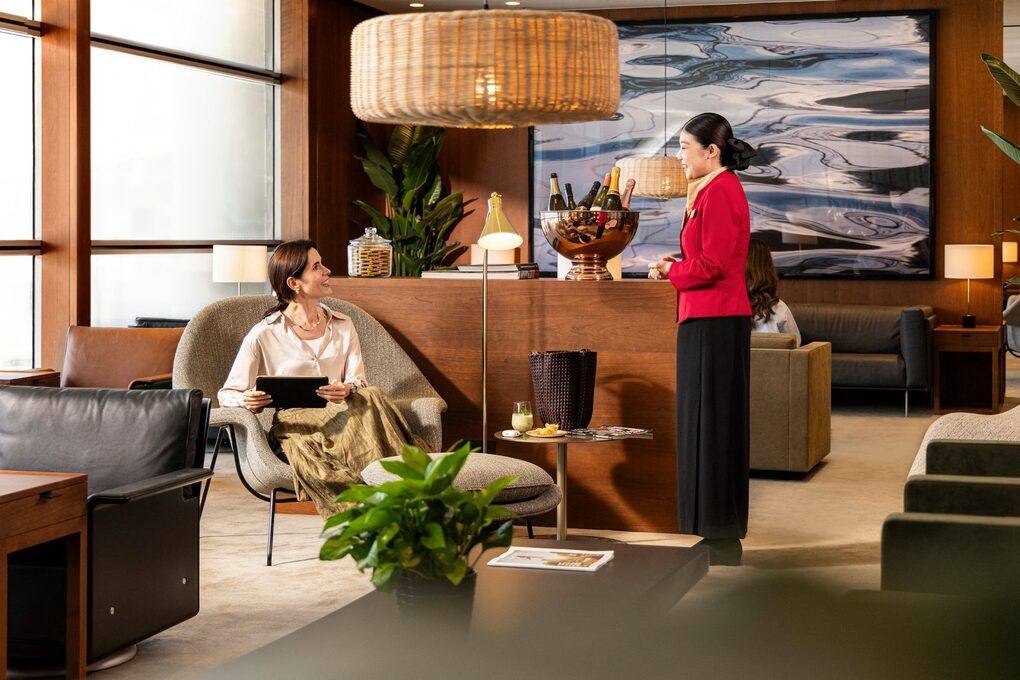 |
Neil Austen: “Our dream is to be a leading global destination retailer” |
Neil Austen is a man on a mission. The New Business Manager of Tourvest Destination Retail, he is charged with taking the South African company’s finely honed skill in destination retail to the world – both airports and other tourism locations. Tourvest’s Out of Africa stores at Johannesburg O.R. Tambo and Cape Town international airports are widely acknowledged as best in class in terms of capturing the true essence of Sense of Place. Can the company replicate that cultural integrity and excitement beyond its native borders? Martin Moodie posed the questions.
Martin Moodie: Neil, you’ve created some of the best destination merchandise stores in the world in South Africa. Now you’re targeting airports and other tourist destinations worldwide. What’s the thinking?
Neil Austen: Our dream and passion has always been to be a leading global destination retailer. It made sense to start off and hone our skills at home before branching out into the rest of the world. We’ve created a fantastic business in South Africa, but because we are the largest player in the country in this niche business, there is little significant growth left for us there. We’ve already dipped our toes in international waters in India and the Caribbean, and it’s now time to push our international expansion agenda more aggressively.
Being a specialist destination retailer, airports, seaports and tourist destinations are our natural hunting grounds.
You’ve achieved great things in South Africa, but you and your company are South African. What makes you believe you can go into other cities and capture the essence of their cultures?
You are correct in that we are a South African business, but that does not mean that we cannot be an international business.
I would like to point out that Tourvest already has a number of very successful travel-related businesses established across the globe and, as mentioned, our destination retail business is already in operation in India and the Caribbean. You are also correct in that some might think it arrogant of us to believe that we can march into other countries and capture the essence of their cultures in our retail offer. We are very aware of the need to tread carefully in this regard, and always thoroughly research destinations, countries and cultures before attempting to enter them. We are also open to partnering with relevant local parties to assist in this.
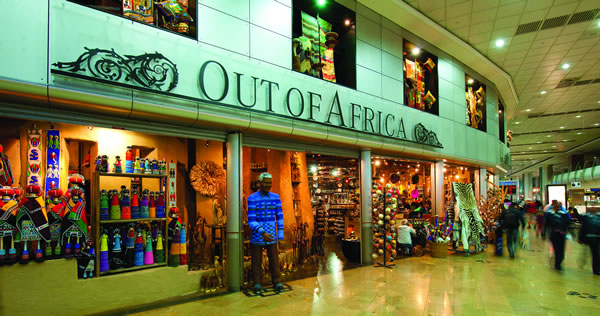 |
Local flavour: Tourvest’s acclaimed Out of Africa stores (pictured here and below) are models of destination travel retailing |
The travel retail industry talks a lot, as we do, about the concept of Sense of Place. What does that term mean to you?
Sense of Place has different meanings to different people. In our case, we feel that each country or destination has specific intellectual capital associated with it. By integrating as much of this capital as possible into our retail environment, we believe that we reflect the true Sense of Place.
Another way of looking at it is that our prime market is the travelling consumer; when they walk into one of our outlets, they must immediately be reminded of the place they are visiting. Everything, from store design to merchandise range, staff, aroma, music, even taste, should reinforce this feeling of Sense of Place.
Do you think it’s being delivered in the airport world?
We do see that airports are starting to take more notice of the concept; certain airport terminals, like the new Mumbai T2, clearly reflect this in the design of the terminal itself. We believe that there is far more room for improvement – from a retail aspect Sense of Place is still often merely reflected by a sign above the door and one or two souvenir displays.
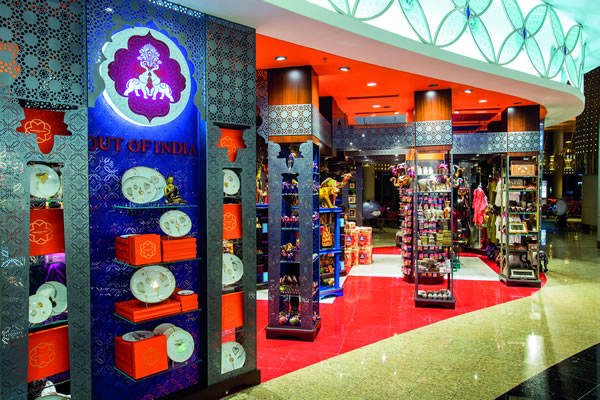 |
Extended reach: Out of India (top) is one extension of the core Tourvest brand; Indaba (below) at O.R. Tambo Airport in Johannesburg |
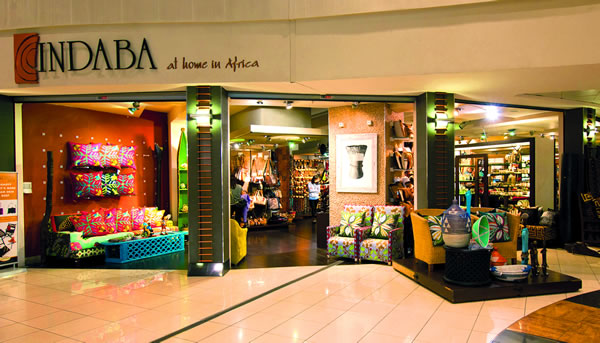 |
So do you think there’s a need for the industry to separate the souvenirs offer from a truly authentic proposition that captures the tastes, traditions, culture, crafts, history and heritage of a city, region or country?
This is an interesting question – does the inclusion of souvenirs dilute the authenticity of a destination outlet? My feeling is that we have to cater to both the needs of the market and the financial returns required by landlords.
Few people can afford an authentic Van Gogh, but many buy posters, T-shirts and even fridge magnets with Van Gogh images. Our commercial success has been our ability to ensure that our offering includes a wide range of authentic destination-related gifting items, while still including a range of traditional souvenirs.
This balance is vital, as is the selection and design of the more traditional souvenir ranges. It’s also useful to consider the definition of the word “˜souvenir’ – a souvenir is defined as an item that reminds one of a person, place or event. This is core to the concept of destination retail, and we would argue against it being separated from the destination retail usage clause.
What reaction are you getting from airport executives as you meet them?
As we are only now really starting to drive our international expansion programme, we are only just starting to meet with airport executives. Those that I have met are excited at the prospect of something new and fresh; I feel that many airport operators do not really understand the true potential of this category, which is often merely included as a section within other larger-format outlets. I think that as countries, cities and destinations are inherently unique, airports should be excited by the potential of having a strong-performing differentiating outlet in their airport.
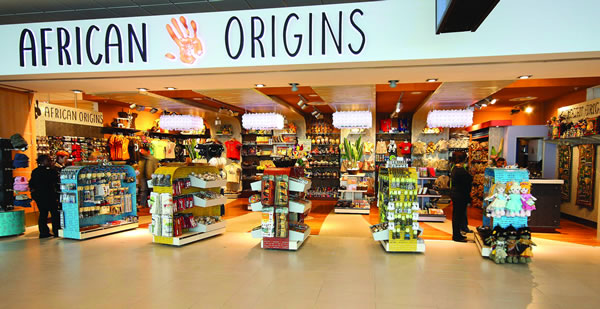 |
Point of difference: Destination retailing cannot take a “˜cookiecutter’ approach, says Austen |
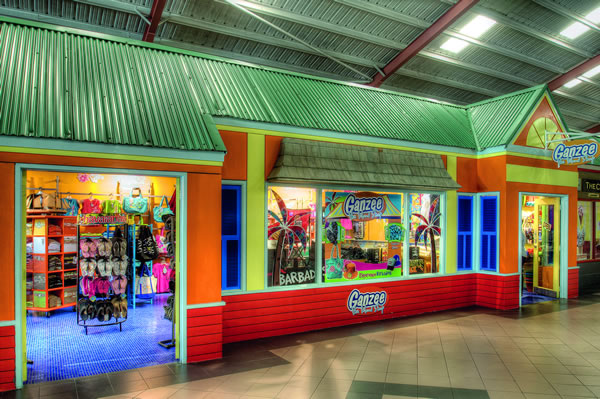 |
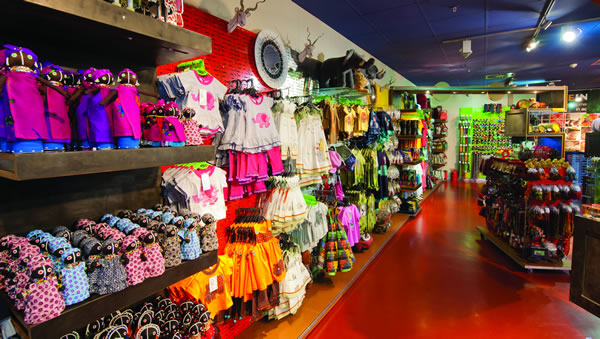 |
What are your biggest challenges and opportunities?
I suppose our largest challenge is that we are late to the starting gate. Many airports are already dominated by the massive duty free operators who are already well established, have strong relationships with airport operators, and justifiably want to protect their turf.
Being able to persuade airport operators that destination retail is a category that should be treated seriously, and allocated fair space in prime locations, is not an easy sell – especially when the suggestion is made by a business which might be considered an outsider.
Another challenge we have is that airports tend to lack flexibility in terms of their tenants’ store designs – the overall mall design ethic is often more important than the specific retail design. We understand the airport operator’s objectives in this regard; but we believe that a destination outlet has the potential to add tremendous visual value to a mall, and would ask that airport executives allow sufficient flexibility in terms of design. In terms of opportunities, the fact that this area of retail is under-represented in many airports and other tourist locations means that we are moving into a relatively untapped market. Being a destination retailer means that we are not only targeting airports but also seaports and specific tourist locations – this opens up a wide range of potential opportunities. I believe that being a specialist player focused purely on this market niche gives us a further advantage.
What’s the philosophy that underpins Out of Africa?
It’s amazing how everyone focuses on our Out of Africa outlets – yes, they are exceptionally strong examples of destination retail, but we are equally proud of our other destination retail outlets such as Kirstenbosch Gardens, Kruger Park and Robben Island.
The very nature of a destination outlet is that it reflects that particular destination; all destinations are different, and this means that our business is not a “˜cookie-cutter’ business. We cannot roll out the same concept from one site to the other. This makes the business more challenging, but far more dynamic and exciting.
The common denominator underpinning all these outlets is that they really do need to interpret the intellectual capital relevant to each site. From an Out of Africa point of view, the store design is based on the famous mud cities of West Africa, and the merchandise range represents the widest offering from across the continent in any one outlet. Most of the items are hand-made, as this is what Africa is known for.
The “˜brand sense’ is further strengthened by appropriate uniforms, music, interactive events and recently introduced aromas. And, of course, we strive to reflect the traditional warmth of the African welcome in our service levels.
Tell us your story, Neil. How did you get into this business?
Now you’re taking me back a while! I have over 20 years of experience in this industry. I always had a passion for destinations, and being a professional photographer I became involved in one of the largest distributors of postcards, destination books and souvenirs in South Africa.
Through this business I established relationships with most of the key destination operators in the country. After meeting the team at Tourvest Destination Retail, I knew that there was a strong cultural fit and I established a close relationship with many of their executives. Looking for a change and a new challenge, I sold my portion of the souvenir business and contracted with Tourvest to assist them in the creation of bespoke merchandise for their various destination brands. A year later, Tourvest decided to aggressively target international expansion – they knew me, I knew them, we knew we could work together; so here I am, their new business hunter!
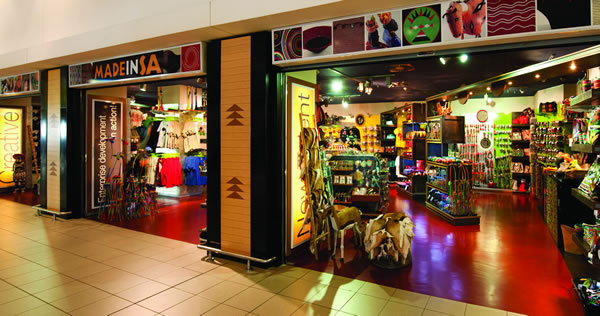 |
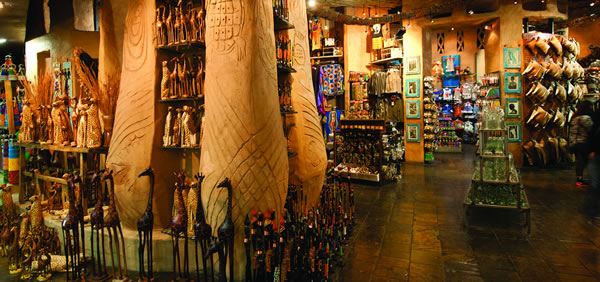 |
And how is the operation set up today?
The Tourvest group is a large integrated tourism business, the largest in Africa, and operates across four continents. Its model is unique, as it services a very wide spectrum of traveller touch-points. The group is large but it is highly decentralised, with many different businesses being run by strong, relatively autonomous management teams. Tourvest Destination Retail is the business I work for – it has been servicing the destination retail market since 1973 and the management team is highly entrepreneurial in nature, with an exceptional depth of experience in destination retail.
The beauty of this business is that it is very flexible; we are happy to work in any business model, whatever makes the most sense. Currently the head-office is in South Africa, but our Caribbean business has a fully fledged support infrastructure based in Barbados. In Mumbai we’ve partnered with the oldest destination retailer in the country, The Bombay Store, so we have a fully fledged support infrastructure there as well. We are a very hands-on business and, wherever we work with partners, we like to play an active role in the business, specifically the operations and branding aspects.
What else makes your business unique?
A very exciting aspect for me has been how Tourvest Destination Retail supports and develops local communities. In South Africa the organisation is involved in poverty alleviation and job creation projects on a significant scale. This involves developing people who carry on the cultural crafting legacy which exists.
At any point in time Tourvest Destination Retail is directly influencing the lives of some 3,000 people, many of whom live in poorer rural areas. The nature of the business is also such that it deals with many suppliers – we currently support more than 800, many of which are medium, small and micro enterprises. The social and economic impact of this business is significant, and something that I am proud to be part of. We are already seeing a similar pattern being established in India and in our Caribbean business.
If you had one message for the airport community, what would it be?
I want to remind airports and other operators that destination retail is a specialised niche of travel retail. There is exciting potential waiting to be unlocked – potential which will not only add to their financial returns but which will enrich their guests’ experiences.
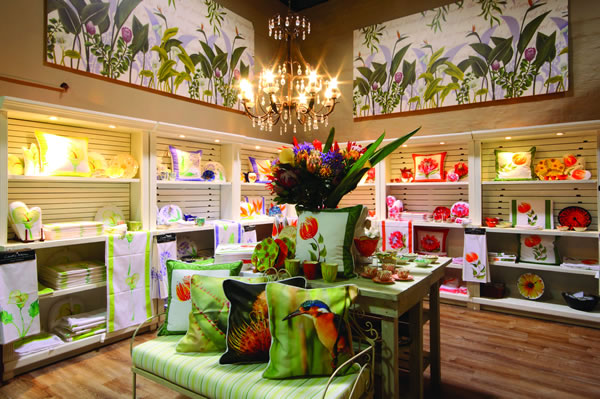 |
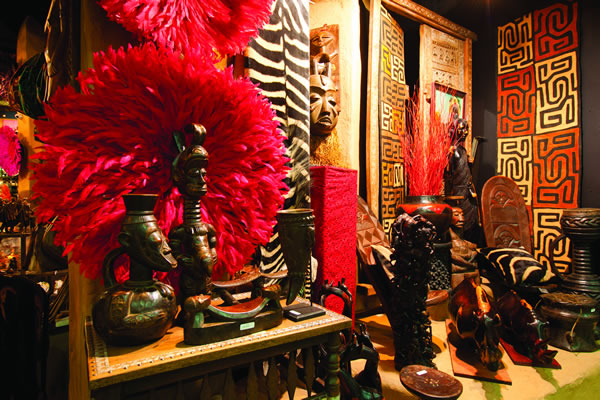 |
“There is exciting potential waiting to be unlocked – potential which will not only add to [airports’] financial returns but which will enrich their guests’ experiences” |
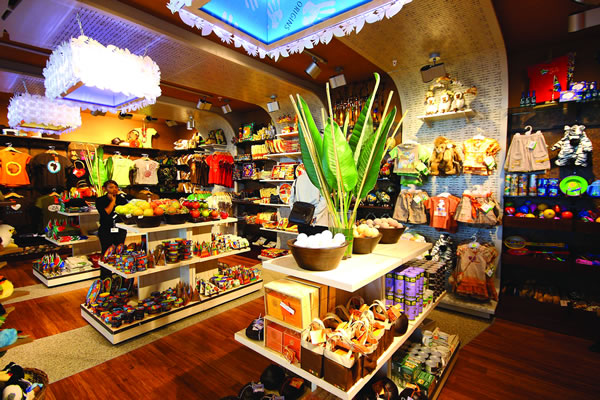 |
*Note: This feature first appeared in The Moodie Report October Print Edition; click here to access the digital version and turn to page 420.


